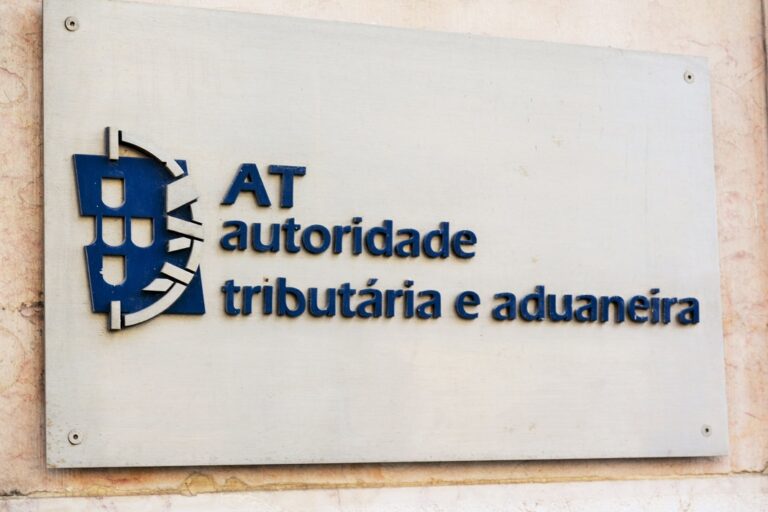Sociedade Unipessoal, LDA vs Portugal
Table of Contents
Dr Daniel N Erasmus generated this summary, which was also published on his website, www.taxriskmanagement.com.
Case Information
- Court: Supreme Administrative Court (STA) of Portugal
- Case No: 036/21.8BALSB
- Applicant: A…, Sociedade Unipessoal, LDA
- Defendant: AT – Autoridade Tributária e Aduaneira (Portuguese Tax Authority)
- Judgment Date: May 24, 2023
Judgment Summary
This case involves a dispute over the deductibility of financial costs related to loans taken out by the taxpayer (A…, Sociedade Unipessoal, LDA) to finance the acquisition of a 70% shareholding in a related company (C…). The Portuguese Tax Authority (AT) disallowed the deduction, arguing that these financial costs were not indispensable for generating taxable income. The taxpayer argued that the acquisition was part of a larger group strategy and that the costs were justified. The Supreme Administrative Court sided with the AT, rejecting the appeal and upholding the disallowance of the financial costs for tax purposes.
Key Points of the Judgment
Background
A…, Sociedade Unipessoal, LDA, is a company involved in managing a commercial property. It took out loans to acquire a 70% shareholding in C…, a related company. The loans amounted to approximately €175.3 million and were financed through group companies. The AT conducted an inspection and determined that the interest and financial costs associated with these loans were not tax-deductible, claiming they did not meet the “indispensability” criterion under Article 23 of the Portuguese Corporate Income Tax Code (CIRC).
Core Dispute
The dispute centers on whether the financial costs incurred by A… related to loans for the acquisition of shares in C… are tax-deductible. The AT argued that these costs were not essential for generating income or maintaining the company’s source of production, thus failing the indispensability test required for tax deductions under Article 23(1) of the CIRC.
Court Findings
The court found that the financial costs incurred by A… were not demonstrably indispensable to the company’s operations. While the loans were part of a broader group strategy, the court emphasized that tax deductibility must be assessed on the basis of the individual entity’s economic activity. The fact that A… acquired a shareholding in a related company without a clear, direct benefit to its own revenue generation or operations raised doubts about the business rationale behind the transaction.
Outcome
The court ruled in favour of the AT, upholding the disallowance of the financial costs as tax-deductible expenses. It found that the financial costs did not meet the indispensability criteria and were part of a group financing strategy that did not directly benefit A…’s operations. Consequently, the court dismissed the appeal, ordering the applicant to pay the costs of the legal proceedings.
Transfer Pricing Method
Although transfer pricing is not explicitly discussed in this case, the court’s analysis indirectly touches on intra-group financing arrangements, which fall within the purview of transfer pricing rules. The financial transactions between A… and its related group entities could be scrutinized under the arm’s length principle, which requires that transactions between related parties reflect market conditions.
Major Issues or Areas of Contention
- Indispensability Test: The main point of contention was whether the financial costs associated with the loans were essential for the realization of taxable income. The court applied a strict interpretation of Article 23 of the CIRC, requiring a direct link between the costs incurred and income generation.
- Group Strategy vs. Individual Entity’s Operations: The court rejected the argument that the financial costs were justified as part of a group strategy. The focus was on whether the expenses directly benefited A…’s individual operations.
- Duplication of Financial Costs: The AT highlighted a potential “duplication” of financial costs, as both A… and C… were deducting financial expenses related to the same economic activity (the management of the commercial property).
Expected or Controversial Decision
This decision was not particularly surprising, given the trend in tax authorities to scrutinize intra-group financing arrangements and apply anti-avoidance measures. The focus on the indispensability of costs for tax purposes aligns with the broader international movement to combat Base Erosion and Profit Shifting (BEPS). However, the decision may be controversial by some multinationals, as it limits the ability to deduct financial costs related to group strategies, even when such strategies are legitimate from a business perspective.
Significance for Multinationals
The judgment underscores the importance of ensuring intra-group transactions, especially financing arrangements, are carefully structured and documented to meet local tax deductibility requirements. Multinationals must demonstrate a clear link between expenses incurred and the generation of taxable income at the entity level, even when transactions are part of a broader group strategy. This case highlights the potential risks of relying solely on group-level rationales for tax deductions.
Significance for Revenue Services
For revenue authorities, the decision strengthens the position that tax deductions must be grounded in the economic reality of the taxpayer’s operations. The ruling supports a more rigorous application of the indispensability test and allows revenue authorities to disallow deductions for intra-group transactions that do not directly benefit the taxpayer’s individual operations. This is aligned with global efforts to tackle tax avoidance through intra-group financing and profit-shifting strategies.
Importance of Engaging Transfer Pricing Experts:
Engaging transfer pricing experts is crucial for multinationals to navigate complex tax rules and ensure compliance with local regulations. In this case, transfer pricing experts could have helped the taxpayer build a more robust argument around the business rationale for the intra-group financing arrangement, ensuring that the financial costs met the necessary tax deductibility criteria. Experts can also assist in documenting transactions per the arm’s length principle and mitigating risks of tax audits and disputes.

